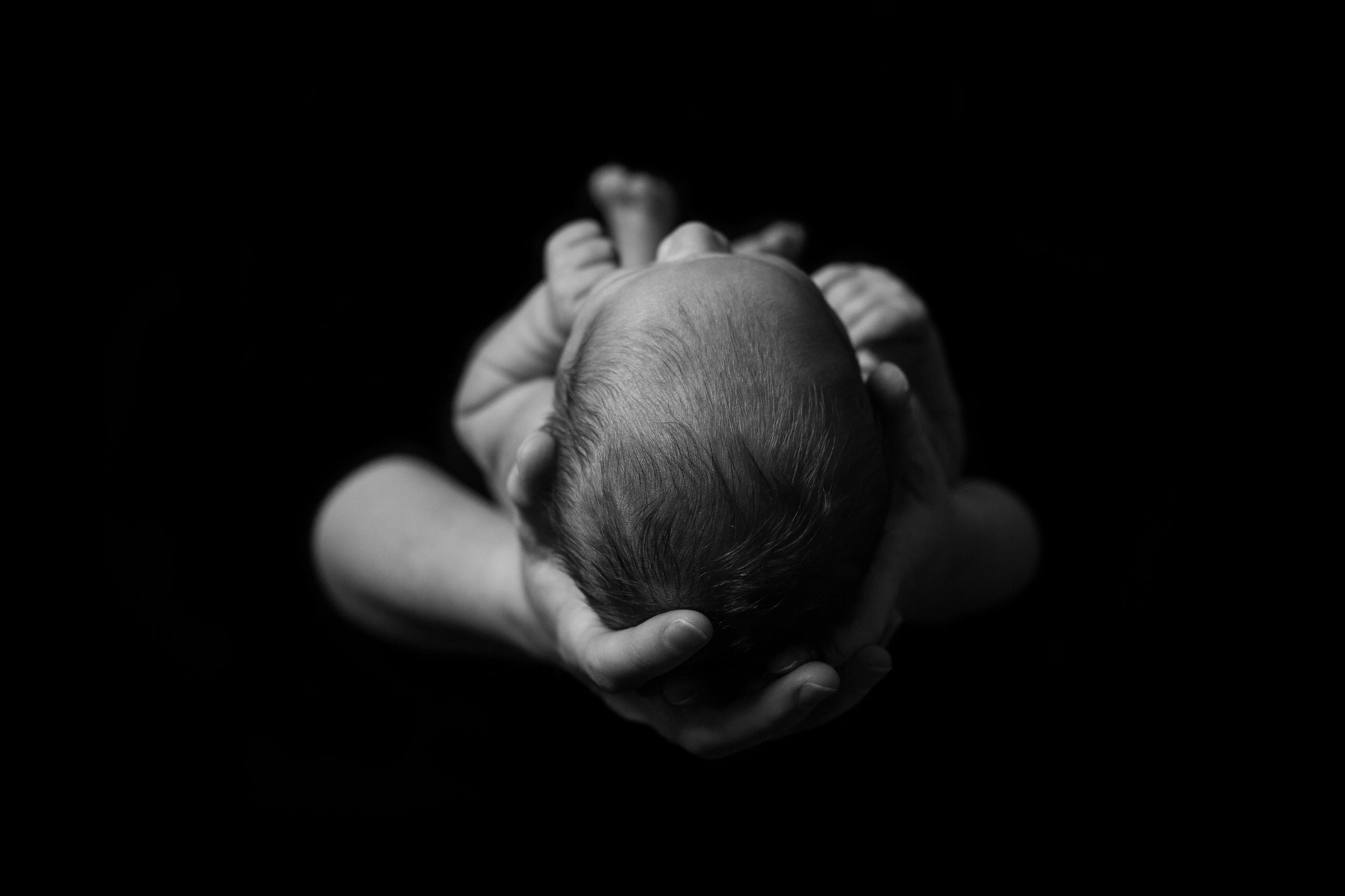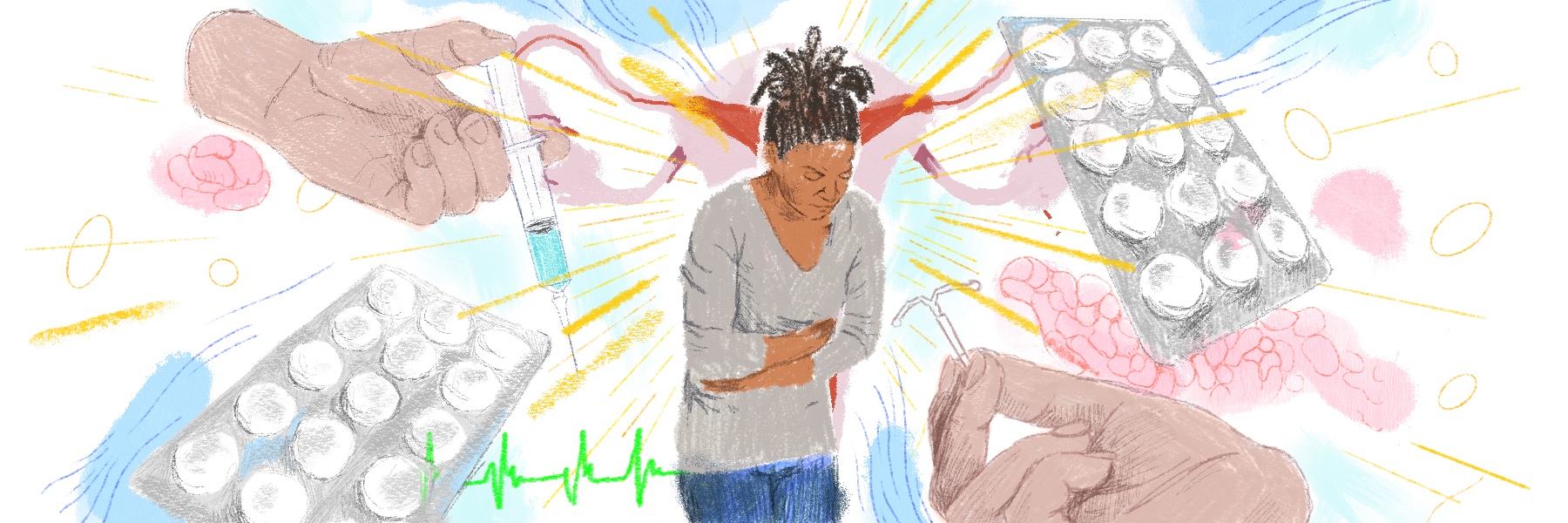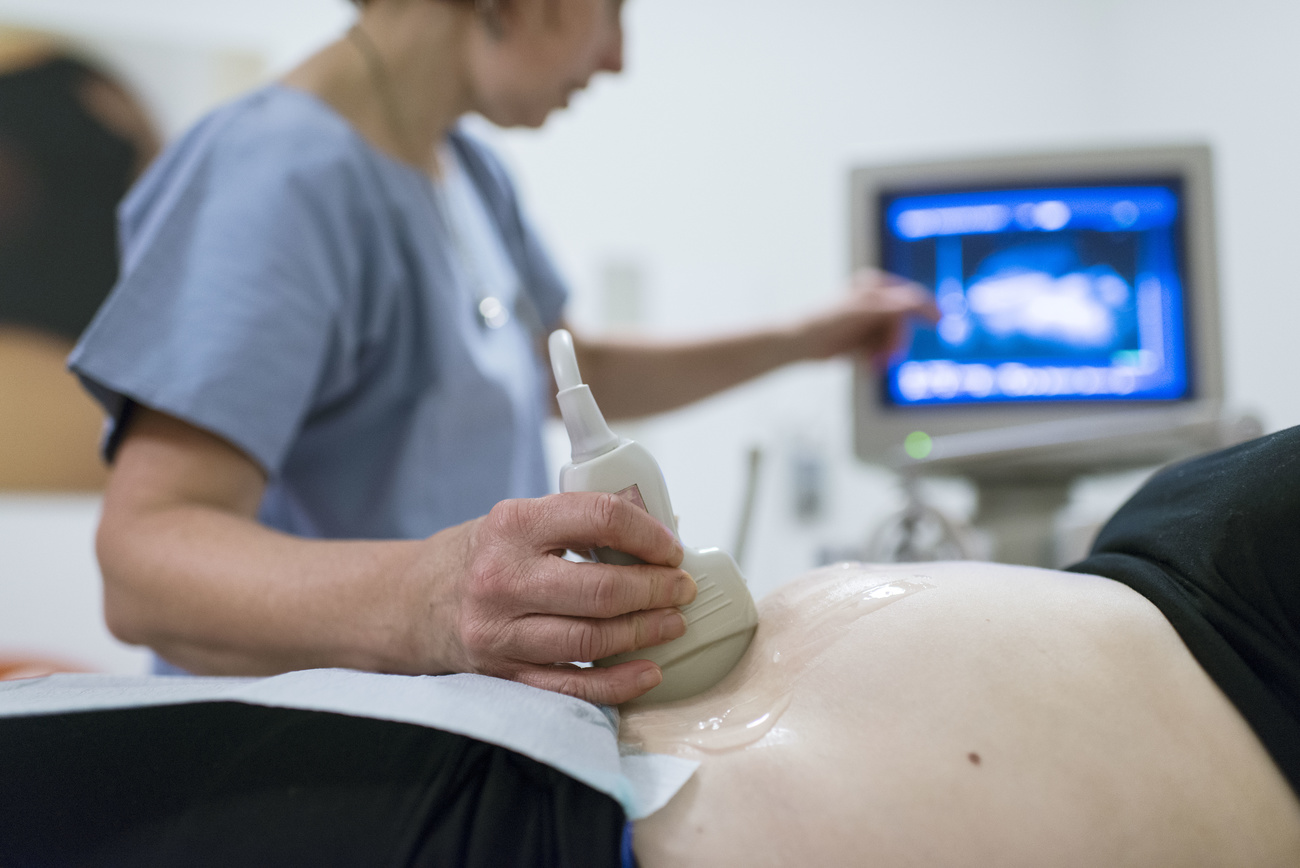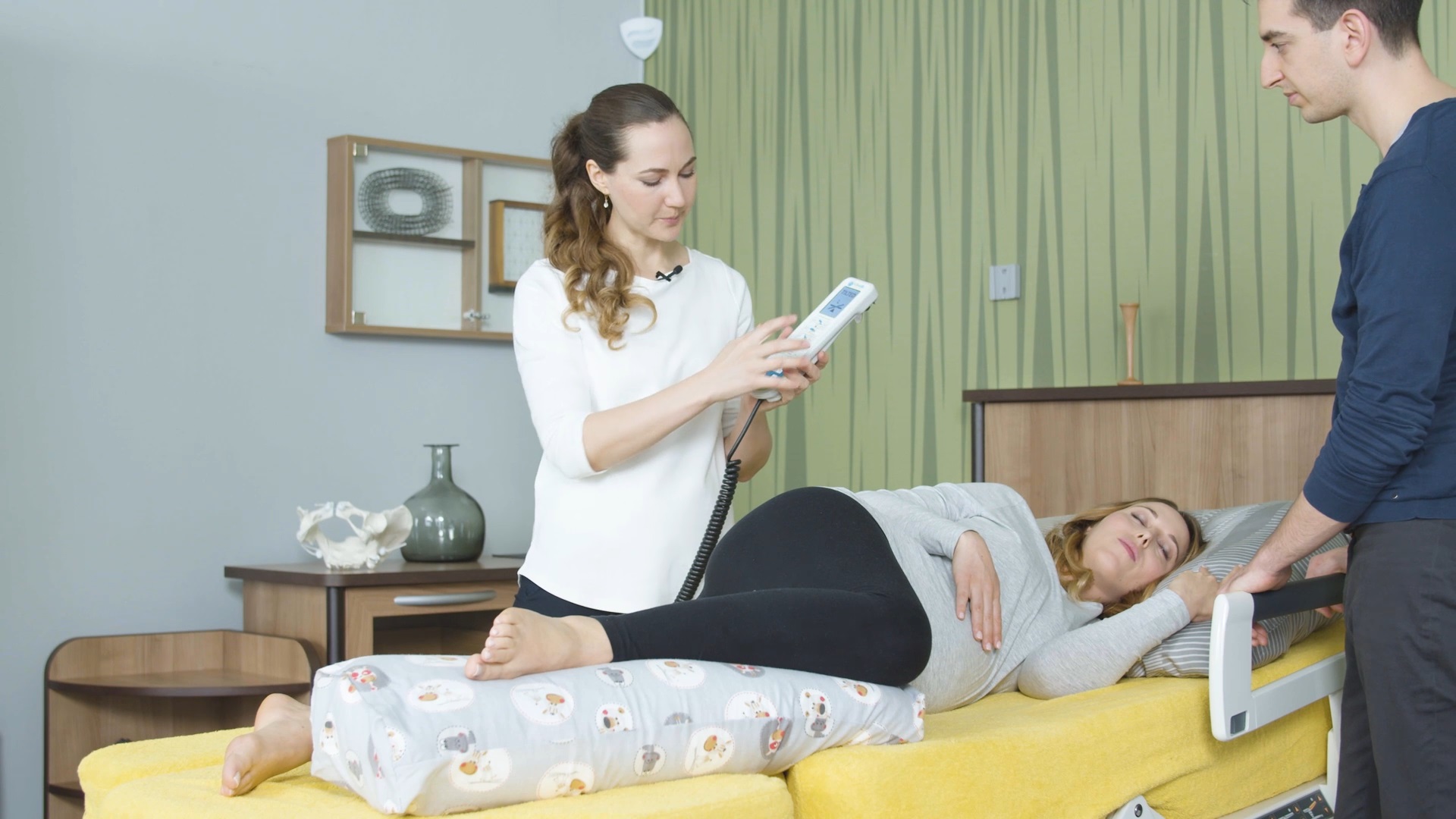How technology can help with perinatal depression
Perinatal mental illnesses affect between 7 and 20% of women globally, as well as men, yet they are still shrouded in stigma and prejudice. The Covid-19 pandemic has not improved the situation. Is it time for technology to step in?
“Are you a new mother? But then why are you sad?” In most modern societies, becoming a mother is still seen as the greatest gift that nature (itself often referred to as ‘mother’) can give a woman. If one becomes pregnant or gives birth to a healthy and strong child, social dogma would dictate that everyone should feel grateful, happy and full of joie de vivre.
Yet this is not always the case. When parents are seized by a sense of deep sadness, loneliness and melancholy, it is often very difficult to open up.
Technologies offer a way out
Technology can offer a light at the end of the tunnel for many women and men suffering from perinatal mental disorders, but unaware or unable to cope with them. “After the birth of my twins, out of nowhere I was totally overwhelmed by severe postpartum depression. Like many new moms, I fell through the cracks with the pressure to be a ‘perfect mother’ and didn’t seek treatment,” Sonali Mohanty Quantius, founder of HaplomindExternal link, a digital platform for self-diagnosis management and treatment of perinatal depression, told my colleague Ying Zhang.
Ying reported on this enterprising woman’s story in a recent article; here’s her summary:
After the birth of her twins, Sonali Mohanty Quantius, a pharmaceutical executive, was totally overwhelmed by severe postpartum depression and suffered from it for 4 years. Recently she told me about how she came up with the idea to develop a digital diagnostic health App – “Haplomind” to identify and help treat women experiencing depression and anxiety anytime from pregnancy to the end of the first year after the birth.
“Women can only overcome the stigma around depressive disorders and discuss mental health issues with professionals if we create an easily accessible, secure and trusted virtual space[… ]Testing and treating perinatal depression should be as common as routine physical examinations during pregnancy and post-partum.”
What do you think? Can technology help new parents in trouble? Let’s talk about it over a (virtual) coffee.

More
How an app is helping women self-diagnose perinatal depression
Save the date: FemTech Summit
May is Maternal Mental Health month. Want to learn more about the latest technologies, research and strategies in the field of women’s health? Don’t miss the FemTech SummitExternal link on May 26 and 27, an event organised by a team of students from the Swiss Federal Institute of Technology Zurich (ETHZ).


A global phenomenon, exacerbated by the pandemic
Those most at risk are women in developing countries, where the rates of perinatal mental disorders are higher, as reported by the WHOExternal link. Perinatal mental illness is therefore a global phenomenon. In early May, the city of Los Angeles introduced a package of laws External linkto assist women struggling with depression and other mental problems, as about 80% of new mothers in the city suffer from the ‘baby blues’ and 20% experience perinatal depression.
In the Indian newspaper Indian Express, an obstetrics and gynaecology expert from Bangalore gave practical advice on how to deal with perinatal mental disorders in an article published a few days ago. External link
The pandemic has exacerbated this problem, subjecting mothers to a double burden of stress. According to a global surveyExternal link conducted by the Harvard T.H. Chan School of Public Health, pregnant women and new mothers reported high levels of depression and anxiety (31%) loneliness (53%) and post-traumatic stress (43%) during the Covid-19 pandemic.
How much do you think this disease weighs on new parents? How can we get rid of social stigmas? Let me know your opinion!
Treatment should involve the whole family
Men also suffer from perinatal mental disorders, but to a lesser extent than womenExternal link and with symptoms that are sometimes not directly related to depression. “The statistics may be hidden in the case of male perinatal depression,” says Annemarie Schumacher Dimech, president and co-founder of the Swiss non-profit organisation Women’s Brain ProjectExternal link (WBP), which aims to stimulate global debate on gender differences in brain and mental illness. Because of gender stereotypes, men generally find it harder to talk about their feelings, says Schumacher Dimech.

We met her to get a better picture of the phenomenon in Switzerland and around the world:
SWI swissinfo.ch:Annemarie, why do you think perinatal depression is an important issue?
Annemarie Schumacher Dimech: Maternal mental disorders are the most common complications during pregnancy and in the first year after birth. The most common illness is postpartum depression, which affects not only women but also entire families. Moreover, maternal suicide is one of the main causes of death in young mothers. Therefore, maternal mental health, particularly in the perinatal phase, is an important topic for the WBP. Moreover, there is a lack of clinical research on pregnant women in general and particularly on pregnant women with psychiatric disorders.
How widespread is perinatal depression in Switzerland?
A.S.D: Postpartum depression affects about 15% of Swiss women. Pro Mente SanaExternal link reports that 1 in 10 new mothers show symptoms of postpartum depression. This rate is comparable to that of other countries. But low-income countries have higher rates of postnatal depression and other mental illnesses in the perinatal period due to contributing factors, such as lack of access to health care, poverty, etc. In Switzerland, we are lucky to have a health system that covers the visit of midwives, whose role is particularly important in early detection of mental illness.
In addition, about 40% of new mothers in Switzerland experience the ‘baby blues’ – feeling tearful, moody, sad in the first two weeks after birth – which usually goes away without requiring treatment.
Postnatal depression also affects men, but it is a phenomenon that is not often discussed. How should it be treated in your opinion?
A.S.D: In our opinion, the treatment of postnatal depression should include the whole family. The partner (male or female), the newborn baby and all the children in the family need support, as postnatal depression affects the dynamics and sense of well-being of the whole family. We also need to raise awareness and address the stigma surrounding this illness.
There are specific factors that put men at risk of postpartum depression, for example unemployment. That said, the mechanism underlying this type of depression is different between men and women, as hormones play a significant role in women, especially in the perinatal phase.
How can this illness be treated?
A.S.D: Women with postnatal depression are often prescribed antidepressants, which normally work well. But this disease should not be treated as a generic depression. Specific pharmaceutical treatments External linkfor postnatal depression are already approved in the USA but not in Europe.
Can new technologies such as AI help combat it?
A.S.D:-Technologies such as AI are playing an important role and their relevance is growing. There are already apps that can monitor a person’s daily behaviour to detect changes in mood and habits, for example if the person goes out or socialises less. AI is also very useful for conducting more accurate diagnostic tests and for early, personalised diagnoses.

More
Innovation in women’s health comes in small doses
Thanks for reading – if you’re interested on learning more about developments out of Switzerland in women’s health research, we’ve dedicated an entire collection of stories to it which you can see here.
As always, get in touch if there are topics in this area you’d like to see us cover, or if you have comments or questions.

In compliance with the JTI standards
More: SWI swissinfo.ch certified by the Journalism Trust Initiative













Join the conversation!